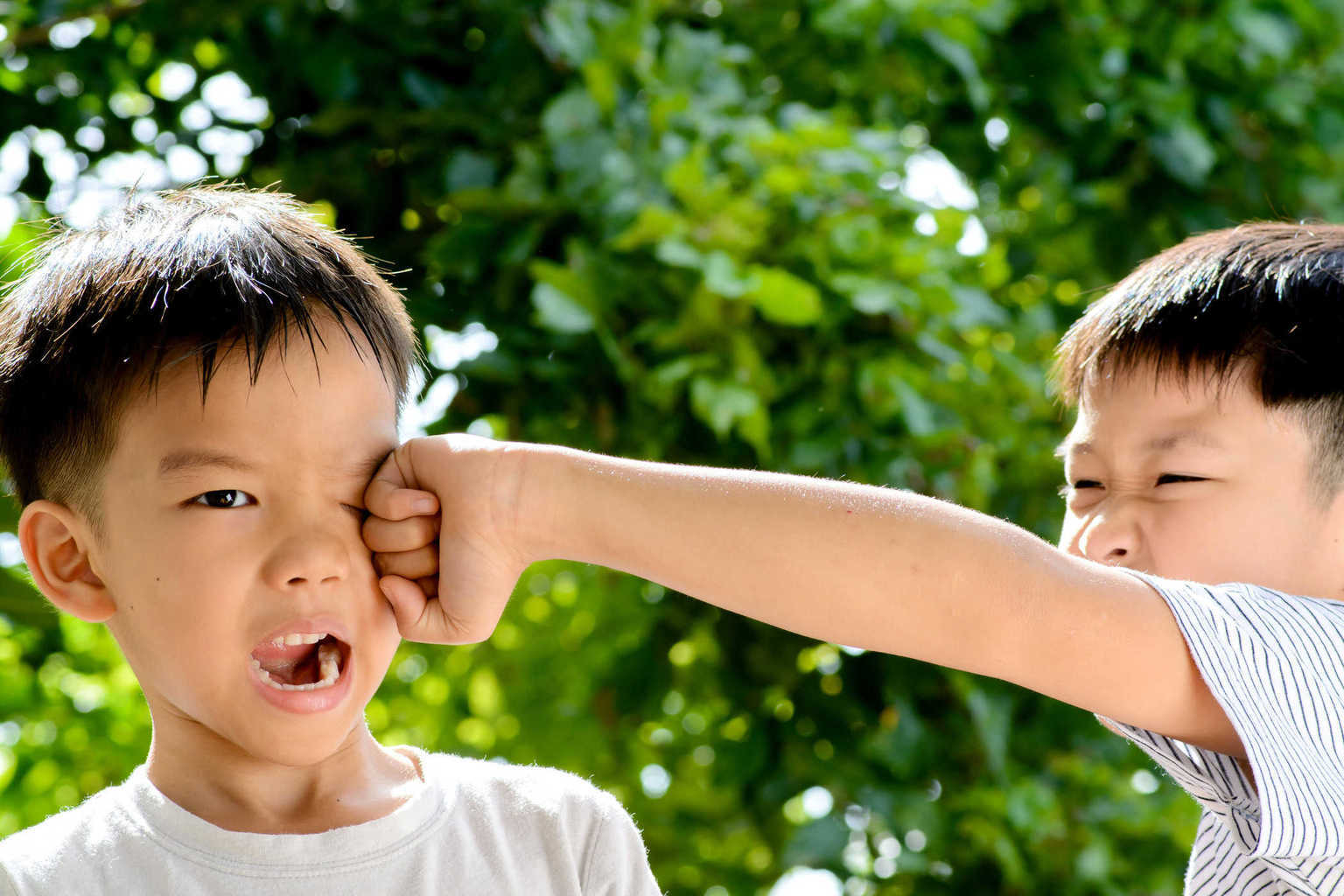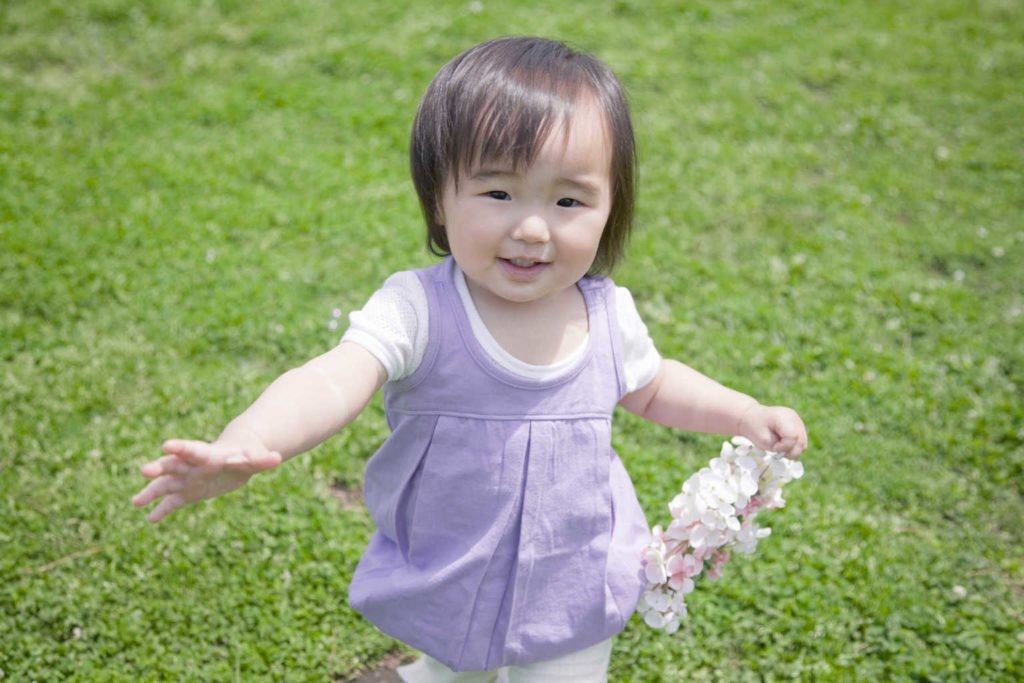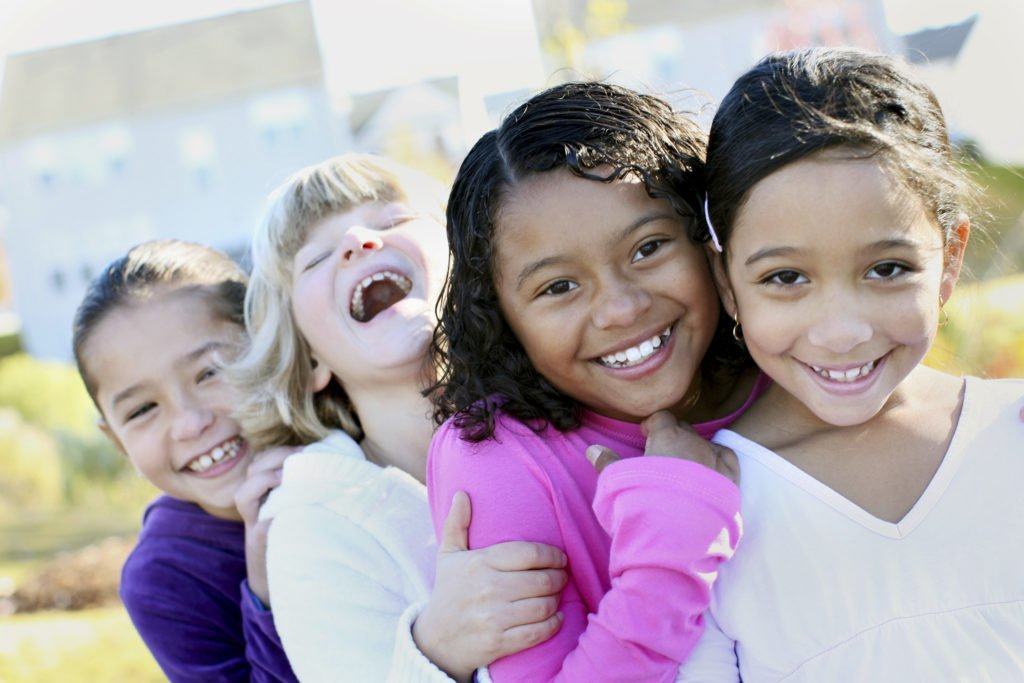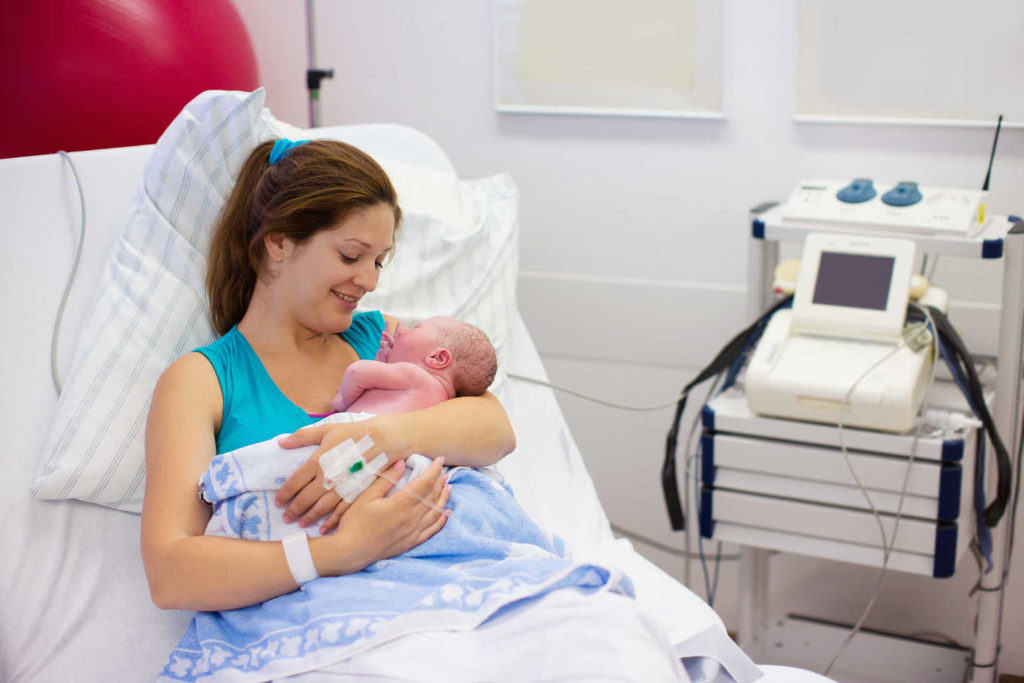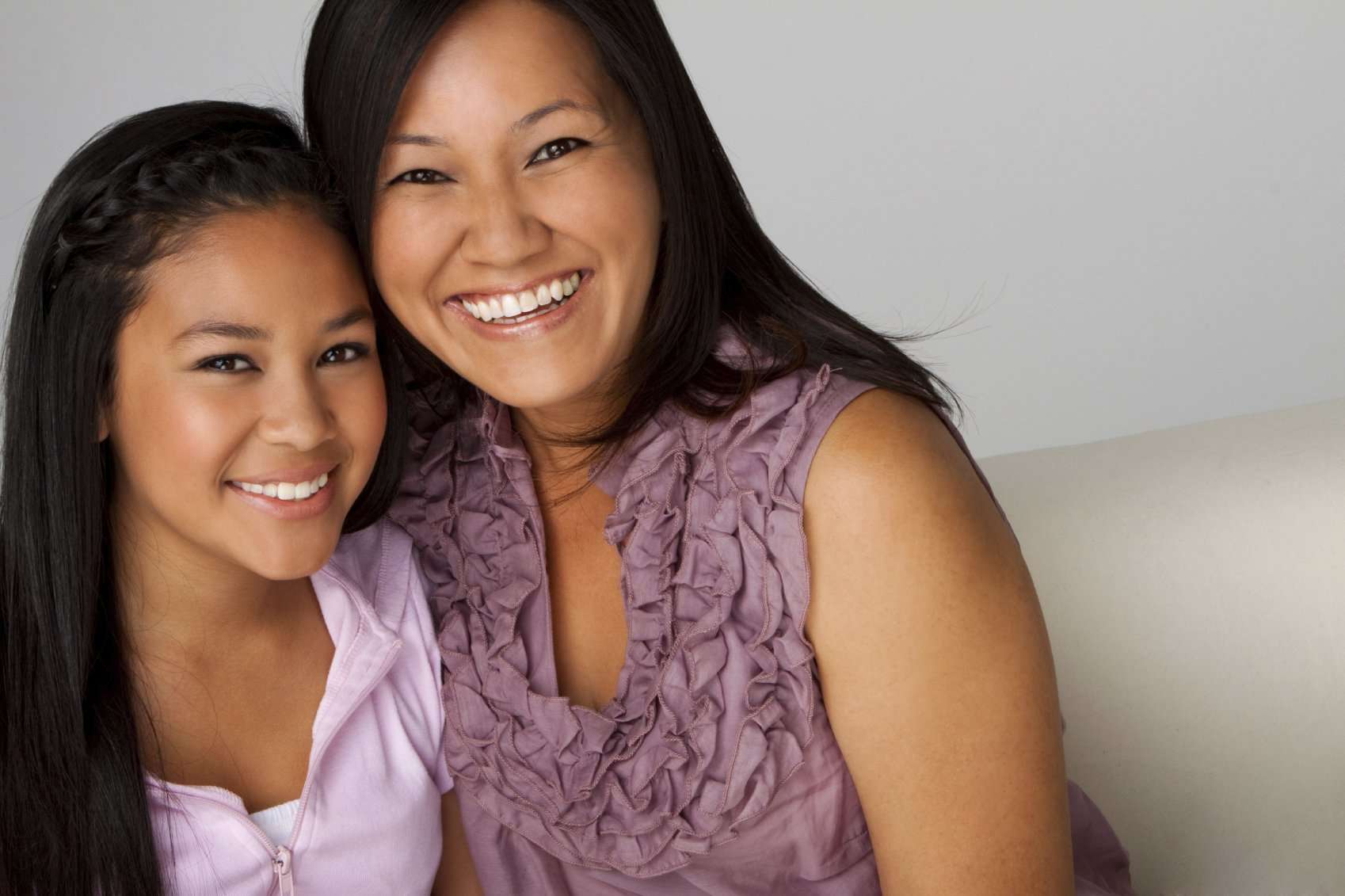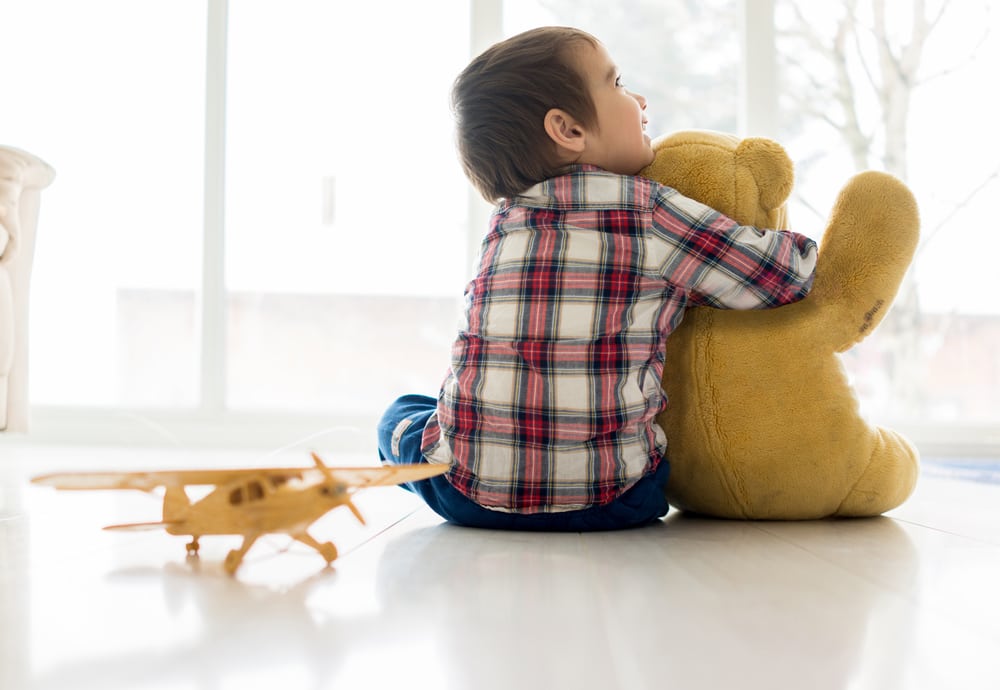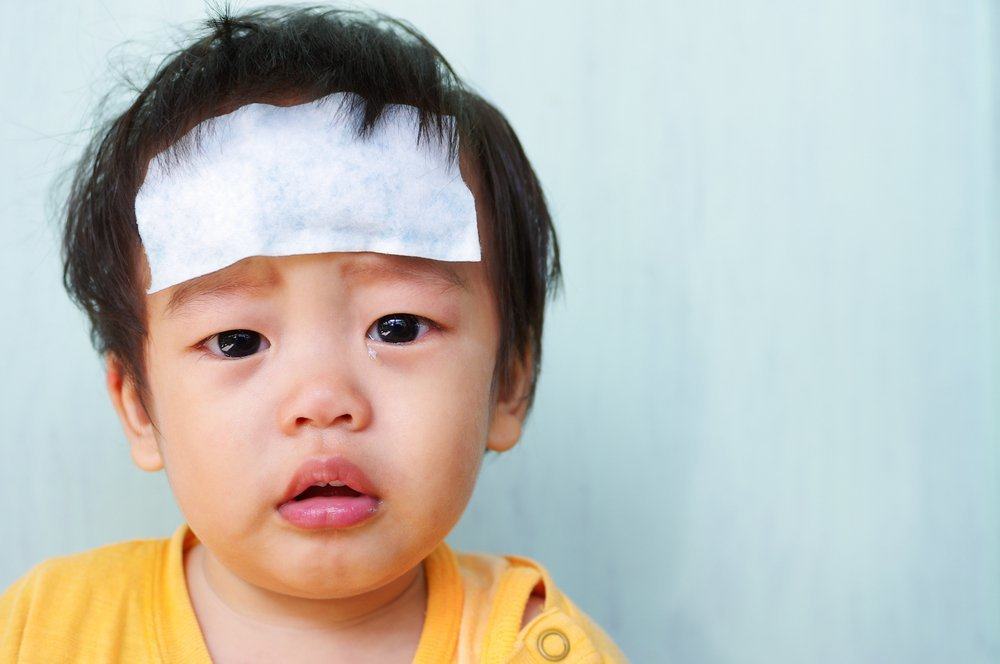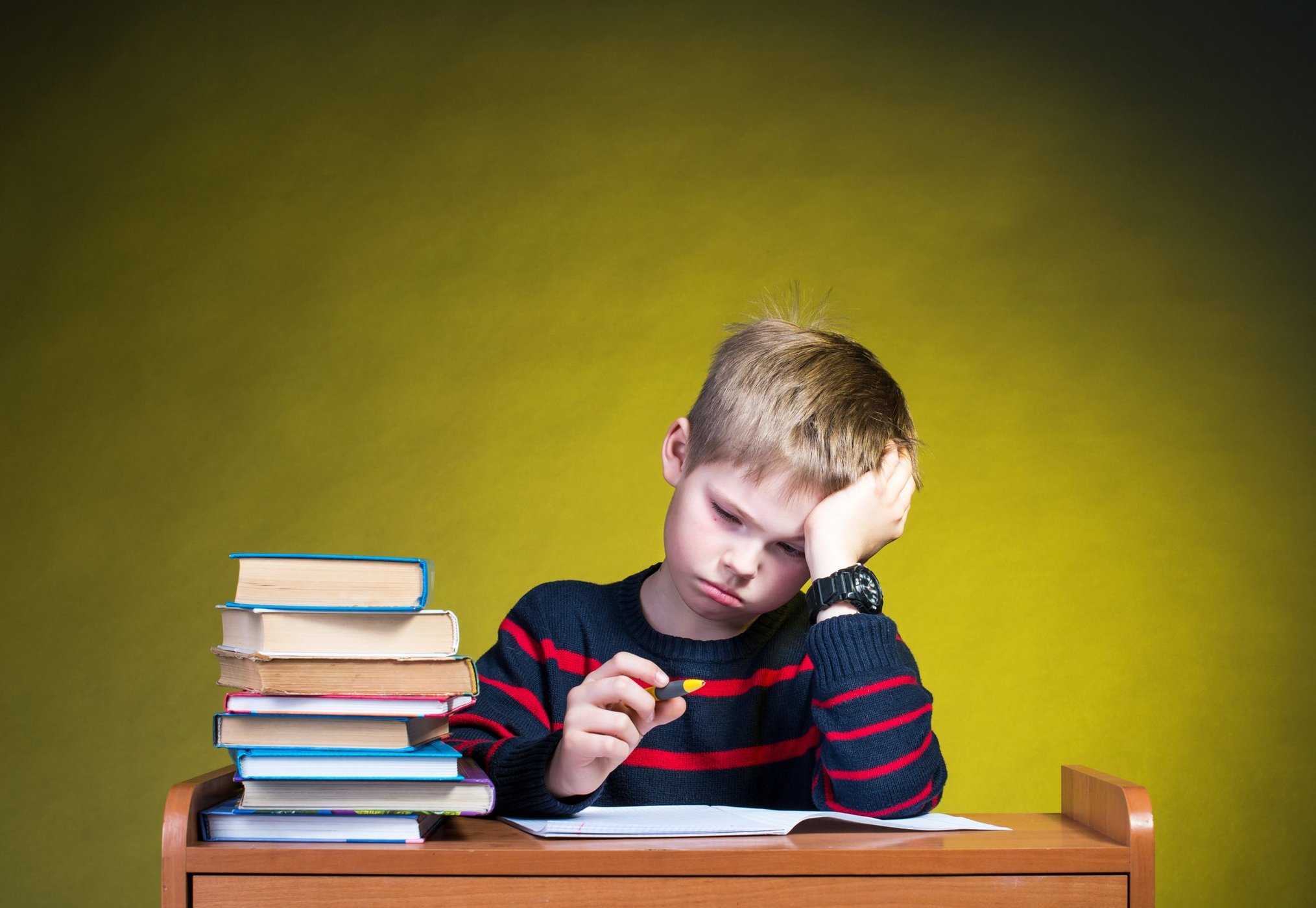Contents:
Medical Video: Helping Kids Deal With Anger And Frustration HD
There may be times when your child has a fight with his peers. Behaviors such as pinching, grabbing toys, biting, and kicking are quite common in preschoolers, although sometimes it makes you overwhelmed in reconciling them.
What is this behavior?
This behavior is far different from that bullying. 'Aggressive' attitude in children is very common, usually tends to be spontaneous and without understanding the consequences of his actions. Unlike the perpetrators bullying who commit acts of cruel persecution, both physically and verbally, in full awareness of the actions he committed. Bullying planned (to hurt), intentional, and often perpetrators bullying fully understand what the impact of the action was on the victims. Understanding these differences will help you deal with your child. But in preschoolers, playing and fighting is usually a social process.
Even so, not everyone agrees with this.
It's important to define "bullying"Right, but how can we eradicate this phenomenon if we don't recognize it? In fact, some small children AREbully. If not addressed early, this deviant behavior will continue and develop as long as it grows older.
Why did they do it?
Little children explore the environment by putting something in their mouths and touching them, so that biting and pinching are also developments in children's curiosity. In addition, aggressive behavior can sometimes be a sign of jealousy, triggered by the presence of a newborn baby in your family, for example. Children usually show an aggressive attitude at the age of two where they want to control their surroundings and use violence when they cannot control something. Fatigue and frustration can be the main triggers. This often happens to youngest children in the family because they feel small and helpless compared to their siblings who look stronger, who can communicate well and get whatever they want.
Some children are very happy with the new environment at playgroup. There are many choices and toys available, but learning to share and work together may take time. Until then, frustration and confusion will usually be directed at other children. The children's years before entering school are an important role in children's development. When children start the preschool period, they already have an attitude and mindset from their experiences at home and with their siblings. For example, single children are usually not used to sharing and playing alternately. It is important to overcome this attitude, rather than let it go and hope that this attitude will disappear as children grow older, because research has shown that children who cannot learn to overcome aggressive attitudes from childhood will turn into adults who also have an aggressive attitude.
How to handle it?
- Don't label your family members (who are smart, quiet, naughty, etc.). Labels on children can make children behave according to the label, whether intentional or not, and your nickname comes true.
- Always consistent. Parental advice not to pinch will be useless if other family members are indifferent.
- Don't scream or scream! Try asking the child what it feels like if he is the "victim" bite / kick / push. Ask your child: "Do you like it when you are pinched like that?"
There is no point in advising a raging child or tantrum. But, when the child's emotions have subsided, demand that they apologize if they have hurt another child.
Schools and kindergartens should have rules in dealing with childless behavior. Most problems occur when children are excited when playing together. When after 2 warnings, the child continues to bite / kick / hit, sit them in the room or class for two minutes. Seeing other children playing with fun while he cannot participate in the play is usually a "strong rebuke".
Focus your attention on 'victims' so that your child knows that if he wants to get attention, do bad things and hurt others is not the right way. Don't forget to use praise and attention when they do good deeds. You can think about how to praise and give positive input, instead of complaining about his bad attitude. You definitely prefer when other people praise and give positive input to you, compared to if they talk about your ugliness. Well, your child is the same!

